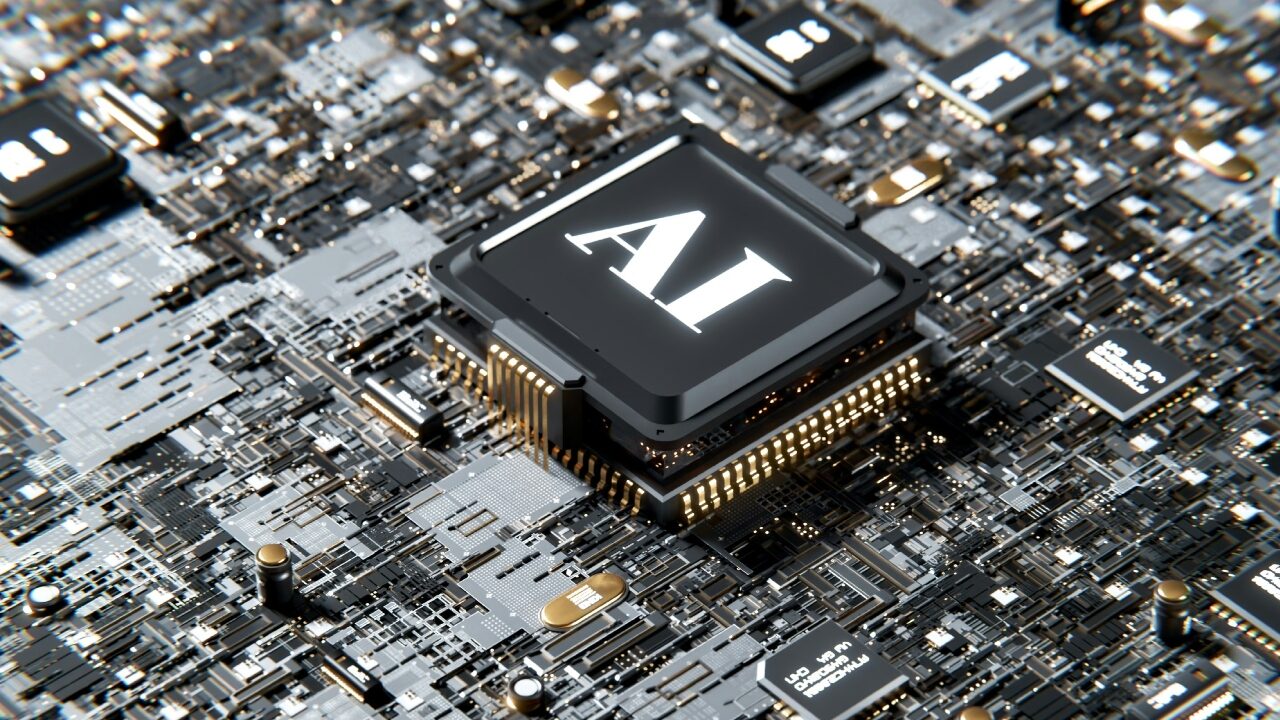Artificial intelligence is no longer confined to research labs or Silicon Valley boardrooms. It’s quietly running in the background when your bank flags a suspicious transaction, when your streaming service recommends the perfect Friday-night movie, or when a warehouse robot picks and packs your order faster than a human could.
For businesses, the challenge is not whether to adopt AI. It’s how to do it well. Turning raw data and algorithms into profitable, efficient, and scalable solutions requires more than curiosity. It calls for a dedicated artificial intelligence (AI) software development company — a partner that blends technical mastery, industry insight, and creative problem-solving into a clear path from concept to reality.
Why Businesses Lean on AI Development Experts
The AI landscape is moving at breakneck speed. A new framework, algorithm, or hardware optimization can make yesterday’s cutting-edge solution feel outdated overnight. Keeping up internally often means diverting resources from your core business. And that’s where specialists step in.
- Navigating complexity: Modern artificial intelligence systems aren’t plug-and-play. They involve layers of machine learning models, vast datasets, and intricate integrations. A seasoned partner knows the pitfalls and how to avoid them.
- Bespoke over “one-size-fits-all”: Off-the-shelf AI products can feel like wearing a suit that almost fits. Custom-built solutions mould perfectly to a business’s data, workflows, and goals.
- Accelerating results: Time is money. An experienced AI team brings established workflows, pre-built tools, and domain expertise to slash development time and hit the market faster.
The right development company doesn’t just deliver code; it delivers confidence, clarity, and a competitive edge.
What an AI Software Development Company Really Does
Imagine a workshop where engineers, data scientists, and business analysts work side-by-side, not just building tools but engineering transformation. That’s the reality inside a high-performing AI development company.
Custom AI solutions
Predictive analytics solutions that spot market trends before they peak, computer vision systems that inspect thousands of products per hour, or natural language processing (NLP) engines that handle customer queries with human-like understanding, the work is always tailored to the problem at hand.
System integration
Artificial intelligence is most powerful when it blends seamlessly into the systems you already rely on (from ERP platforms to IoT networks), creating a fluid, interconnected digital ecosystem.
Data engineering
AI feeds on data, but only clean, structured, and relevant data delivers results. Development teams collect, filter, and organize information into a form that algorithms can actually learn from.
Continuous optimization
AI isn’t a “set it and forget it” investment. Models drift, business needs evolve, and market conditions change. Continuous monitoring and retraining ensure the system stays sharp.

The Services That Power AI Transformation
A top-tier AI development partner wears many hats — consultant, architect, integrator, and caretaker — ensuring every stage of the AI journey is covered.
AI consulting
Before writing a single line of code, consultants assess your readiness, map potential use cases, and create a strategic roadmap to minimize risk and maximize ROI.
Model development
From supervised learning models that predict customer churn to reinforcement learning algorithms that teach autonomous systems to make decisions, this is where the real magic happens.
LLM deployment
Implementing large language models fine-tuned for industry-specific needs, e.g., for automated report generation, advanced customer service chatbots, or multilingual content creation. LLM deployment is as much about optimization and cost control as it is about raw capability.
AI agents development
Building autonomous, task-driven agents that can plan, decide, and act with minimal human input. From scheduling complex workflows to managing dynamic, real-time data feeds, digital agents are the bridge between intelligence and action.
AI integration
The best artificial intelligence isn’t a separate tool; it’s woven into your existing platforms. Imagine your CRM not just storing customer data but predicting which leads are most likely to convert.
Maintenance and support
AI models are like high-performance cars; they need regular tuning. Post-launch support ensures they continue to perform at peak efficiency.
The AI Implementation Process
Every successful AI project follows a deliberate and well-structured path. Following a proven AI implementation process, you can keep projects focused, transparent, and measurable.
- Discovery and goal setting: Clarify the “why” before tackling the “how.” What problem are we solving? How will success be measured?
- Data preparation: Gather datasets, clean them of inconsistencies, and label them so the AI understands the patterns it’s being trained on.
- Model selection and training: Choose algorithms suited to the challenge — whether that’s a neural network for image recognition or a gradient boosting model for risk scoring.
- Testing and validation: Rigorously test against real-world conditions to ensure accuracy, scalability, and fairness.
- Deployment and integration: Roll out AI into the live environment, integrating it with existing workflows and tools.
- Monitoring and continuous improvement: Keep a pulse on performance, retraining when needed, and adapting to evolving business goals.
Industries Seeing the Biggest Wins from AI
While every sector can find value in AI, some industries are already reaping transformative benefits.
- Healthcare: AI is helping radiologists detect anomalies in scans, predicting patient risks, and even accelerating the search for new treatments.
- Finance: Beyond fraud detection, AI models are powering real-time risk analysis and automating compliance, saving both time and reputation.
- Retail and eCommerce: Personalized product recommendations, demand forecasting, and dynamic pricing are reshaping the customer experience.
- Manufacturing: AI-driven predictive maintenance prevents costly downtime, while computer vision ensures every product meets quality standards.
- Logistics: From route optimization to real-time fleet tracking, AI keeps goods moving efficiently.
Choosing the Right AI Development Partner
Not all AI partners are created equal. The best ones act as an extension of your team, translating business goals into technical blueprints and technical solutions into business outcomes. Look for:
- Proven technical mastery — experience in your industry and with the AI technologies you need.
- Room to grow — scalable solutions that expand with your data and ambitions.
- Security at the core — a partner who treats data protection and compliance as non-negotiable.
- Clear communication — transparent reporting, realistic timelines, and a commitment to keeping you informed at every stage.
Artificial intelligence has become the driving force behind modern business competitiveness, but it doesn’t run on autopilot. Behind every successful deployment is a team that knows how to design, train, and fine-tune systems to meet the realities of a specific industry.
A reliable artificial intelligence software development company is more than a vendor; it’s a long-term partner. It shapes AI into a tool that fits seamlessly into daily operations, strengthens a company’s existing capabilities, and evolves in step with changing demands.
In the end, AI’s true potential comes from the interplay between human expertise and machine intelligence. The companies that invest in that partnership now won’t merely adapt to the future. They’ll set its direction.



